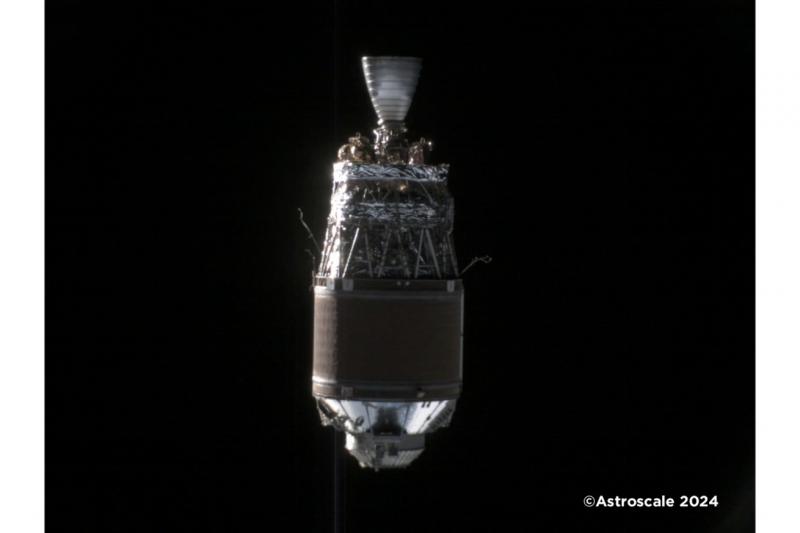When it comes to space exploration, the buzz typically revolves around exciting missions to distant planets or discoveries of new celestial bodies. However, not all aspects of space exploration are as glamorous or widely known. One such overlooked phenomenon is space junk, which poses a growing threat to our activities in space. In this article, we delve into the fascinating world of space debris and the efforts being made to mitigate its risks.
### What is Space Junk?
Space junk, also known as orbital debris, refers to defunct human-made objects floating in space. These objects can range from spent rocket stages and non-functional satellites to fragments from collisions or explosions. With thousands of satellites and spacecraft in orbit, the accumulation of space debris has become a pressing concern for space agencies and private companies alike.
### The Impact of Space Junk
The proliferation of space junk poses several risks to existing satellites, spacecraft, and astronauts. Collisions with debris can cause significant damage to operational satellites and spacecraft, potentially rendering them useless. Moreover, the high speeds at which objects travel in orbit mean that even small fragments can pose a serious threat due to their kinetic energy.
### Mitigating the Risks
To address the challenge of space debris, various initiatives are being undertaken by space agencies, governments, and industry players. One approach involves developing technologies to track the movement of debris in space accurately. By monitoring the trajectories of objects, it is possible to predict potential collisions and take evasive action to protect valuable assets in orbit.
Another key strategy for mitigating the risks posed by space junk is the development of debris removal techniques. These methods aim to actively remove defunct satellites and other debris from orbit, thereby reducing the overall amount of clutter in space. Concepts such as drag sails, robotic arms, and nets are being explored as potential solutions to this growing problem.
### International Cooperation
Given the global nature of space activities, cooperation among nations is essential to effectively address the challenge of space debris. International agreements and guidelines have been established to promote responsible behavior in space, including the disposal of defunct satellites in a safe manner and the prevention of collisions through proactive measures.
### Looking to the Future
As the pace of space exploration and commercial activities in orbit continues to accelerate, the issue of space debris will only become more critical. It is imperative that stakeholders work together to develop innovative solutions and strategies for managing space junk effectively. By taking proactive steps now, we can ensure that the benefits of space exploration are not overshadowed by the risks posed by debris in orbit.
In conclusion, space junk represents a significant challenge that must be addressed to ensure the sustainability of activities in space. Through international cooperation, technological innovation, and responsible behavior, we can mitigate the risks posed by debris and safeguard the future of space exploration.
